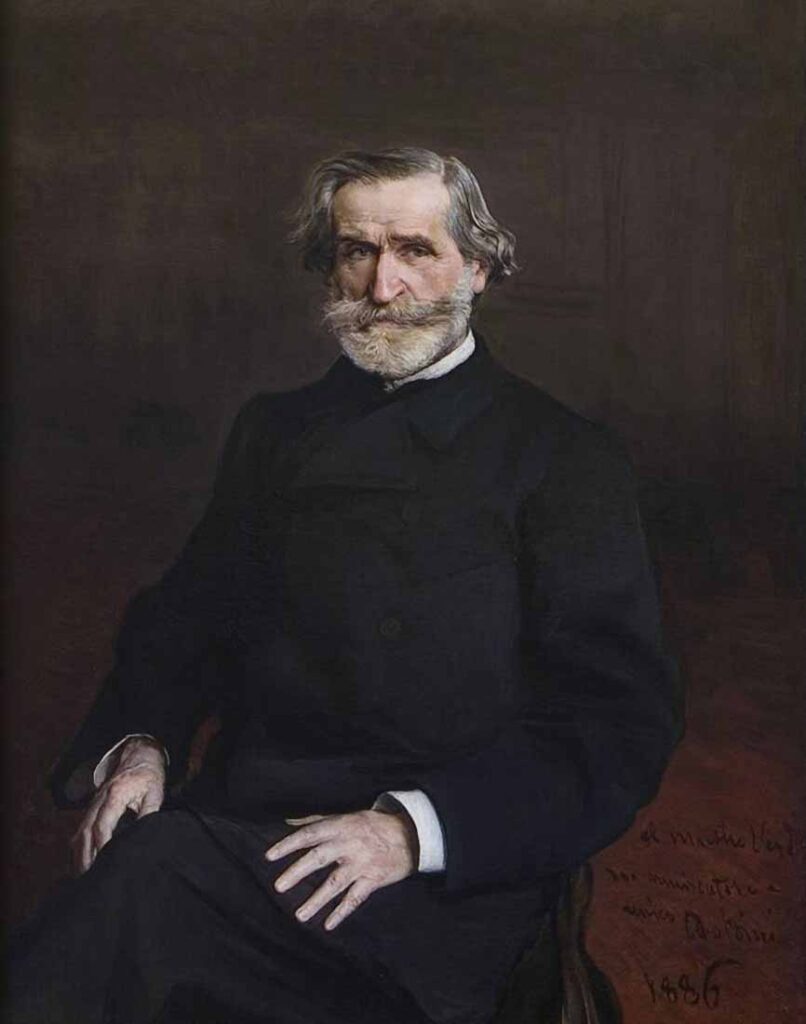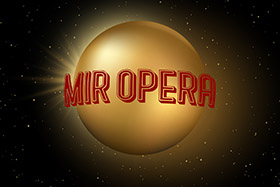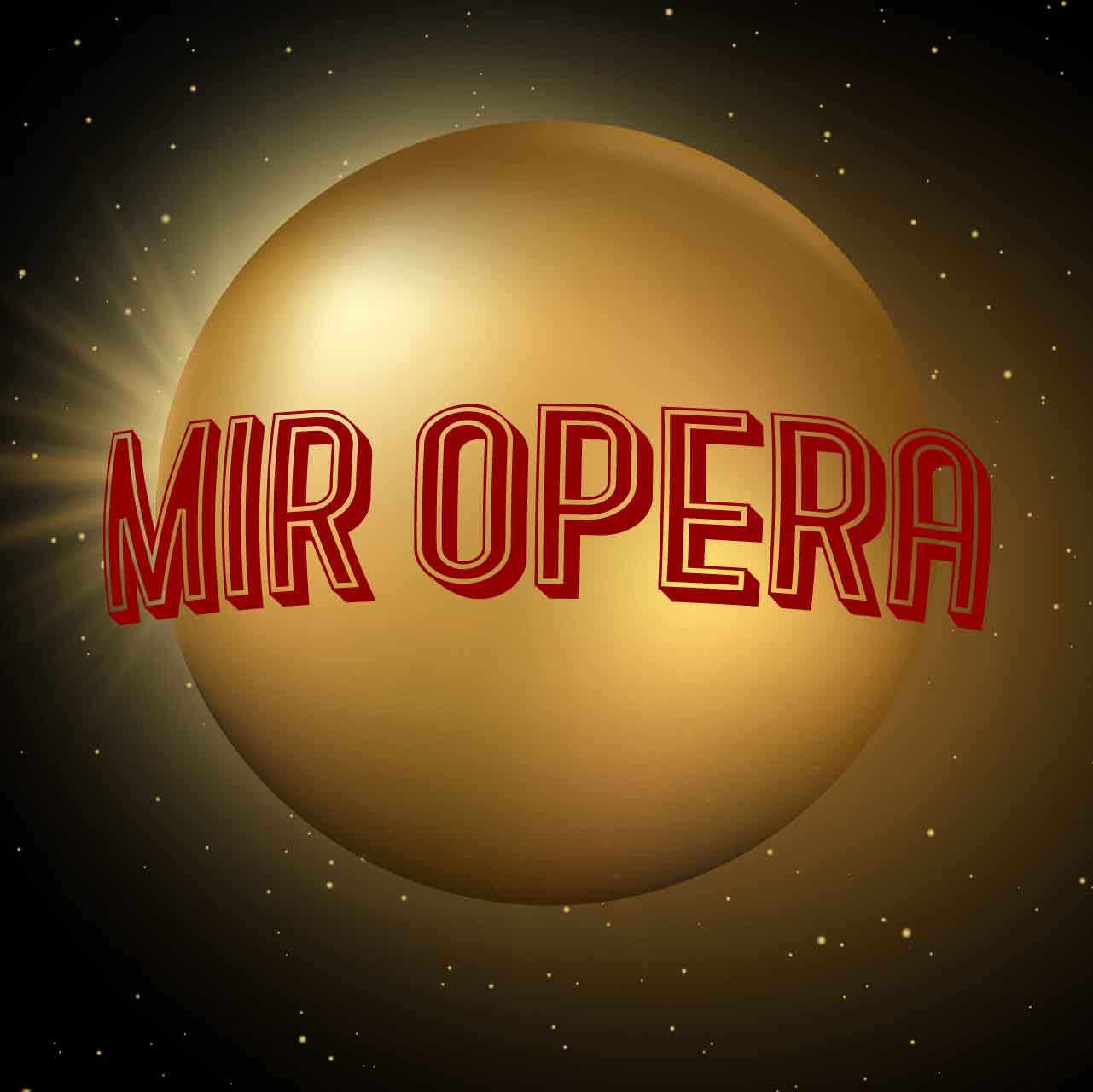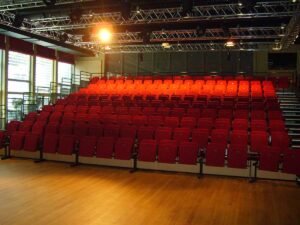- Rigoletto
- Il Trovatore
- La Traviata
Young singers will participate in a 3-month training that includes a complete immersion, and also 6 masterclasses and a competition-show.
Interpretation
The study of libretto
Diction
Development of vocal technique
Physiological knowledge
Development of acting
In modern opera, one of the most important problems for artists is to act as actors.
Preparation will focus on the following aspects of theater school:
- the ability to build an effective role line,
- understanding the action as a unique psychophysical process,
- he continuity of the scenic action,
- understanding the goals and objectives of each fragment of their role in relation to the psychology of the character as well as that of the other
main characters in an opera - the ability to immerse oneself in the role and have a cathartic experience.
Opera Competition - Concerts
After an initial preparation period of six weeks, the competition will take place to determine the best cast. Young artists will have to prepare a major role from the operas La Traviata, Rigoletto and Il Trovatore. Large extracts from these operas will be presented to the public and professionals of the opera art.The peculiarity of this competition lies not only in the preparation of a full role, but also in the teamwork as the entire cast will also be judged.The young singers will participate in a public concert every week, in six concerts in total. During this period they will continue the daily preparation with Masters, musical director, their vocal coach, director, in order to present the work of young performers to the professional world. Artistic directors of opera, Opera managers, conductors, directors and journalists of the specialized media will be invited to the concerts.
5 concerts accompanied by piano and the final concert accompanied by orchestra (confirmation of the orchestra 20 July)

Places
The Ignacy Jan Paderewski Cultural Center, located in Brussels in the municipality of Forest, rue du Croissant 68, will host the MIR OPERA project.
The Uccle Cultural Center, located in Brussels in the municipality of Uccle, rue Rouge 47, will host one of the planned concerts.
Istituto Italiano di Cultura
Rue de Livourne 38, 1000 Bruxelles







